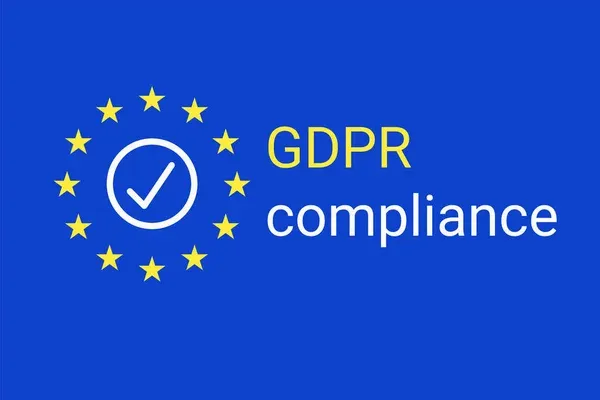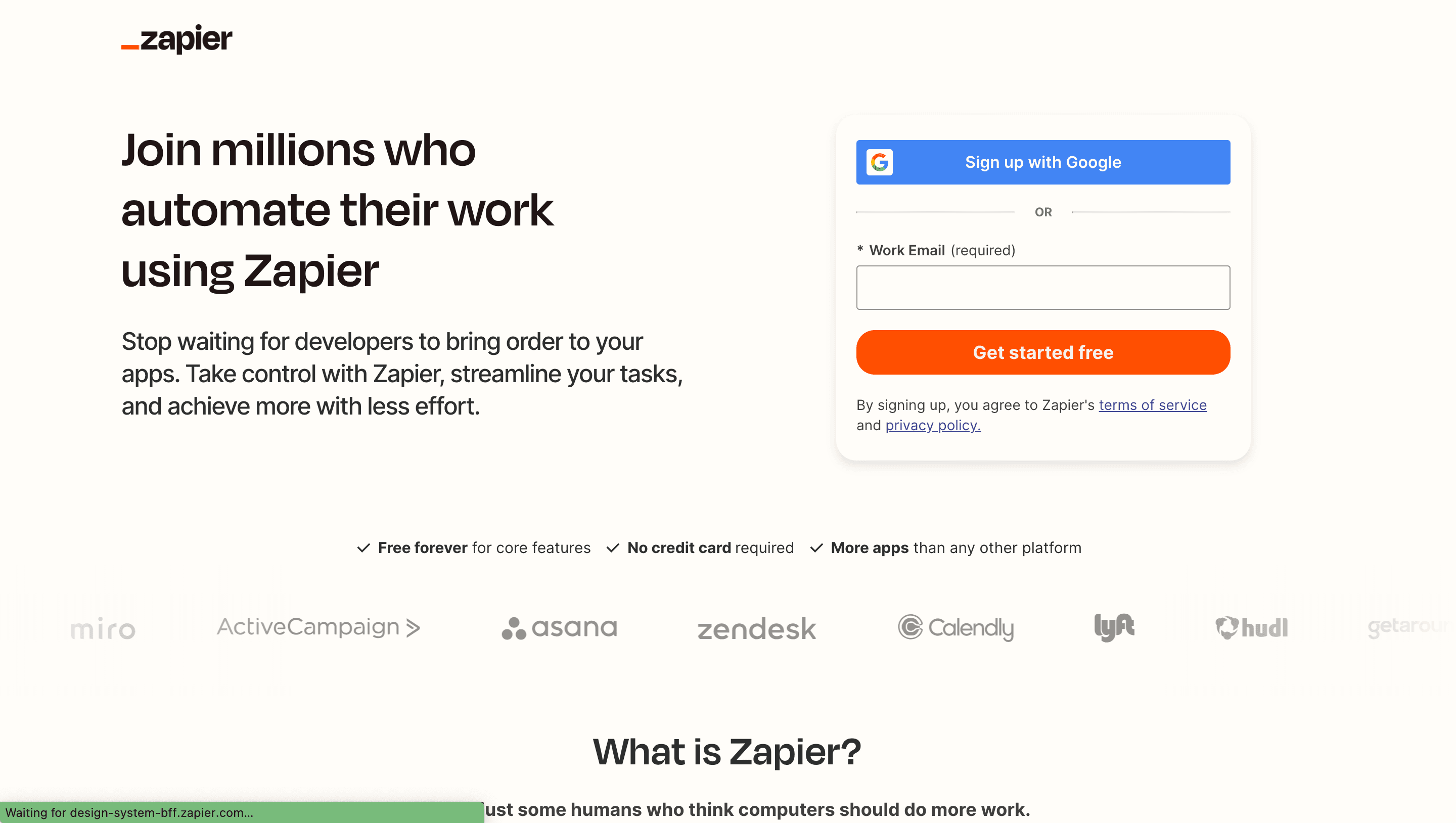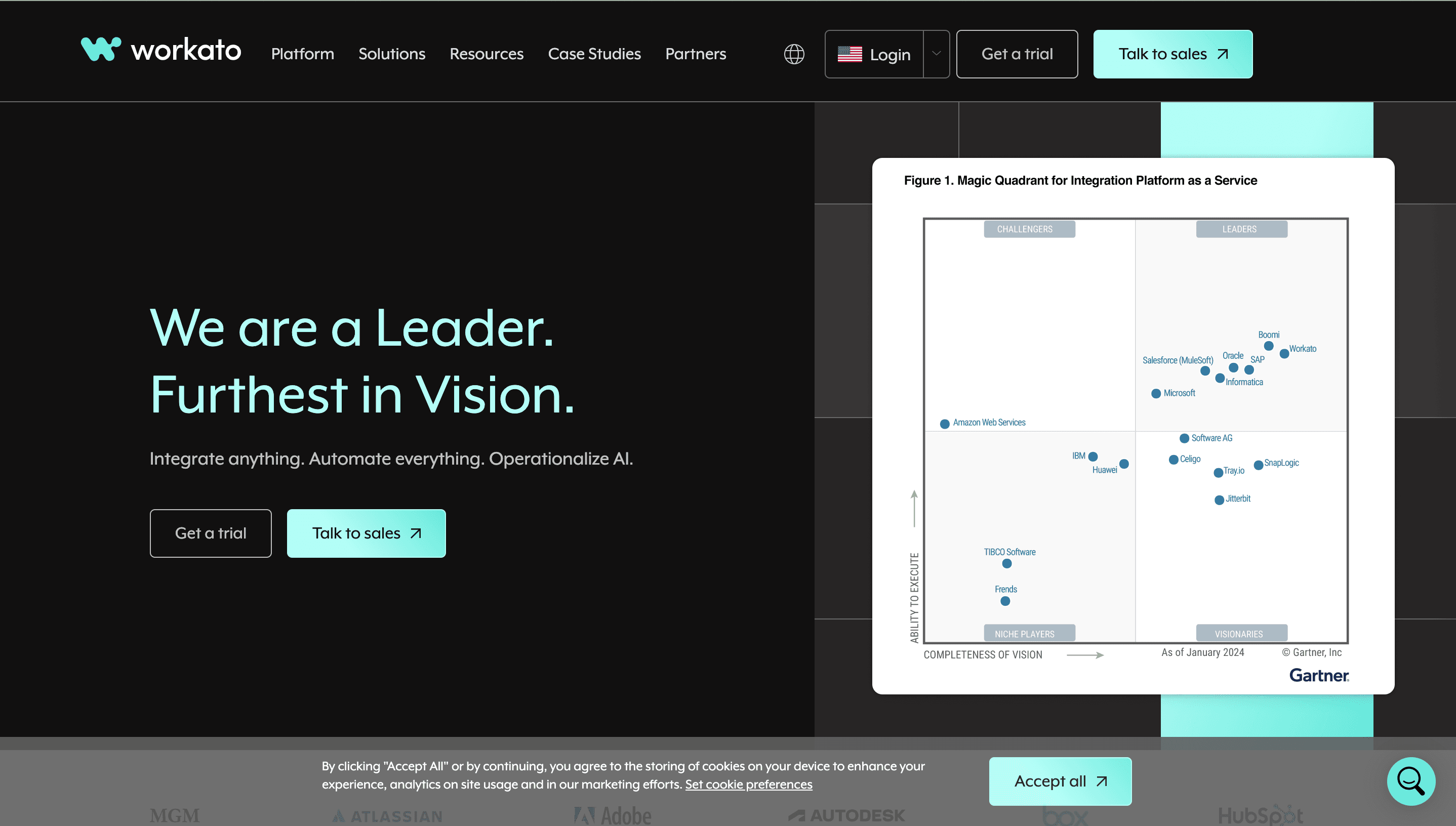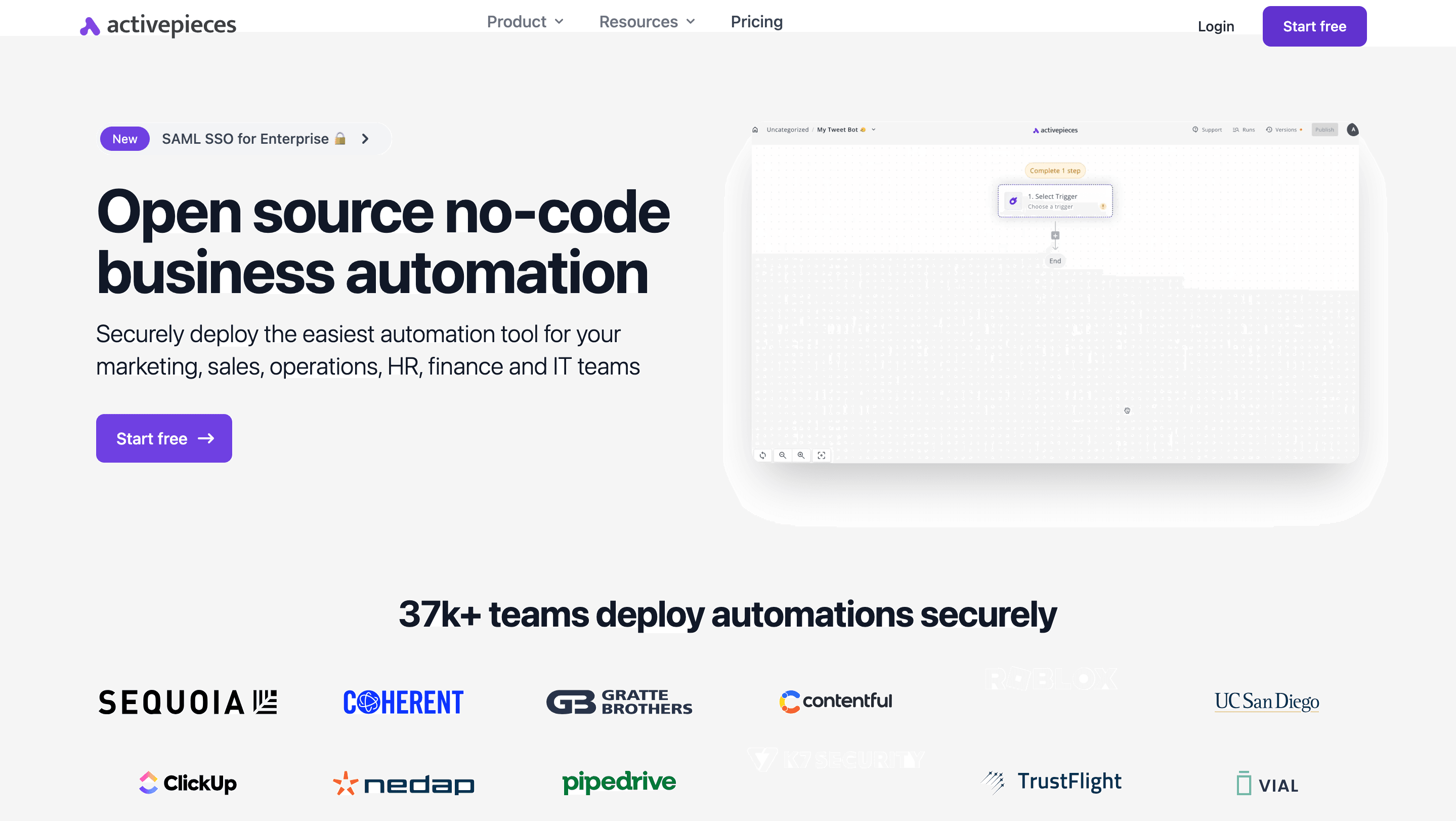GDPR Compliant workflow automation

Europe ensures that itBolds data remain within the content to ensure the safety of its citizens. Workflow automation tools adopted by businesses in Europe must comply with GDPR. Failure to comply with GDPR results in penalties. For GDPR compliance, the tool must ensure that:
- Personal data must be processed lawfully, fairly and transparently
- Personal data should only collected for legitimate purposes
- Personal data must be up-to-date and accurate
- Security measures must be implemented to protect personal data from unauthorized disclosure
- Implement appropriate measures to ensure compliance with GDPR must be enforced by the data controllers
Hosting Workflow Tools In Europe
The data protection rules in Europe specify that the data of the citizens must reside within the continent. Therefore workflow builders must be hosted within the EU in compliance with GDPR. Workflow automation tools must be hosted in Europe for the following reasons:
Data Protection and Privacy Hosting the personal data of individual users within Europe assures the customers of the safety of their data according to the data protection measures and privacy standards. It also boosts the trust of the users, knowing that their data is handled by the continent’s regulations regarding data protection.
Legal and Jurisdictional Consideration When the workflow automation tool is hosted in Europe, compliance issues or any other legal issue within the EU region can be easily resolved.
Reduced Data Transfer Risks Oftentimes, breaches occur during international data transfer, hosting the workflow tool within the EU reduces the risk of data breaches to the barest minimum and ensures that EU data remains within the EU.
Market Access For businesses trying to gain entry into the EU market, compliance with data protection regulations such as GDPR promotes the company’s credibility and enhances the continuity of the business.
In essence, hosting a workflow tool in Europe complies with the set regulations and ensures the confidentiality, security and privacy of the user’s data.
Data Operations
Several data operations can be streamlined using automation tools, this is why the chosen tool to be used within Europe must comply with the data regulations within Europe. Some of the - data operations that can be automated include:
- Data Analysis This involves a series of processes carried out on any specified data to get useful information. Data Analysis workflows containing the integration of several statistical and exploratory data tools such as Power BI, Tableau, and so on can be automated to generate metrics, reports and other kinds of analysis.
- Data Monitoring and Alerting A workflow that sends scheduled alerts while the database is being monitored can be implemented using a workflow tool.
- Data Processing and Transformation Data pipelines which extract data from different sources can be automated to transform the fetched data into a suitable format and load it into a data warehouse
- Data Governance and Compliance In adherence to Europe’s privacy standards, sensitive data can be automatically masked using a workflow automation tool.
- Data Backup and Recovery With the integration of cloud storage like AWS, Azure and so on, scheduled backups can be automated and also recovered when there’s a failure.
Examples of GDPR-Compliant Automation Tools
Zapier
 Zapier is a cloud-based enterp- rise automation tool that is also GDPR compliant. It does not have on-prem capabilities but it contains several applications for business solutions and allows users to create automated workflows.
Benefits
Zapier is a cloud-based enterp- rise automation tool that is also GDPR compliant. It does not have on-prem capabilities but it contains several applications for business solutions and allows users to create automated workflows.
Benefits
- It offers a Data Processing Agreement(DPA) to ensure the safety of the user’s data and complies with GDPR
- It maintains transparency about data processing activities and provides detailed logs and reports for auditing purposes.
- It encrypts the user’s data
Workato
 Another automation tool popularly used for business processes is Workato. It offers both cloud-hosting and on-prem but its on-prem still needs access to the cloud to function. This makes its on-prem abilities dependent on the cloud and the user’s workflow also resides in the cloud.
Another automation tool popularly used for business processes is Workato. It offers both cloud-hosting and on-prem but its on-prem still needs access to the cloud to function. This makes its on-prem abilities dependent on the cloud and the user’s workflow also resides in the cloud.
Benefits
- It contains several applications that can be integrated to automate business processes
- It is GDPR compliant
- It provides detailed logs and reports for auditing purposes.
Activepieces
 Active pieces is an open-source, no-code automation tool that streamlines workflows by integrating different applications and automating repetitive tasks. It offers both cloud-hosting and fully on-prem capabilities and complies with data protection regulations including GDPR.
Active pieces can be used for personal projects, business enterprises or embedded in a Saas product. Its interactive drag-and-drop interface makes it easier for non-technical people to use the tool with ease. It can be used to automate several data workflows such as Data collection, Data Backup and Recovery, Data Analysis and so on. It contains data applications such as Microsoft Excel, MySQL and others that can be integrated into your workflow to automate any data operation.
Benefits:
Active pieces is an open-source, no-code automation tool that streamlines workflows by integrating different applications and automating repetitive tasks. It offers both cloud-hosting and fully on-prem capabilities and complies with data protection regulations including GDPR.
Active pieces can be used for personal projects, business enterprises or embedded in a Saas product. Its interactive drag-and-drop interface makes it easier for non-technical people to use the tool with ease. It can be used to automate several data workflows such as Data collection, Data Backup and Recovery, Data Analysis and so on. It contains data applications such as Microsoft Excel, MySQL and others that can be integrated into your workflow to automate any data operation.
Benefits:
- Active pieces protect both at rest and in transit by encrypting it
- Active pieces ensure that workflows built by on-prem users completely reside on the on-premises
- Users are allowed to configure their workflows to collect only the necessary data and also set up IT security protocols based on their company’s regulations
- Provides logs of data processing activities to support compliance and auditing requirements.
- Since Activepieces is open-source, its development is on a high level as contributions from developers are continuous